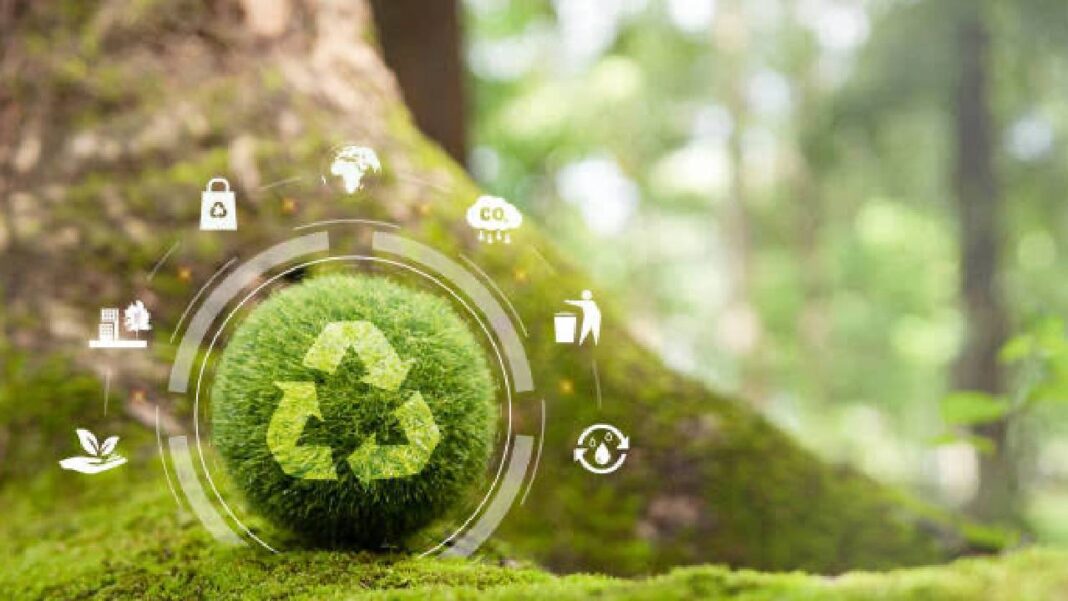We are what we eat, wear, click and discard. This isn’t just a catchy line; it’s the silent truth of everyday choices. Each action- brushing teeth, taking a shower, cooking food, buying a t-shirt, travelling, streaming a show, ordering online- carries a footprint. And most of the time, that impact goes unnoticed. And yet, it accumulates. Hope we realise that we are living in a world, which is shaped by climate urgency. There is a pressing need to pause and reflect on both individual and collective habits. Especially among the youth- who make up over 65% of India’s population- there lies immense potential to shift the narrative. A lifestyle revolution is the need of the hour!
Rethinking what’s ‘normal’
Take something as ordinary as a pair of jeans. It takes 3,781 litres of water to produce one, which is enough drinking water for one person for three years and emits over 33 kg of CO2 equivalent in the process. Fast fashion, though affordable and accessible, accounts for nearly 2-8% of global carbon emissions, a figure projected to reach 26% by 2050 if left unchecked. Even leisure isn’t free of impact. Streaming an hour of video online emits approximately 36 grams of CO2, depending on the device and data source.
Carrying sustainability as ‘identity’
What once felt like sacrifice, is now seen as style. There is a rising wave of creators and students who wear their eco-consciousness proudly, flashing stainless steel water bottles, hosting zero-waste events, or flaunting pre-loved fashion on campus or social platforms. This isn’t about boasting or green washing; it’s about taking baby steps, it’s about participation. Small, consistent actions, using public transport, upcycling decor, buying local products- are adding up. In co-living apartments and college festivals, sustainability is no longer an add-on.
Radiating through conscious choices
To radiate sustainability means more than adopting eco-products. It’s about letting every choice reflect thoughtfulness- where things come from, how they’re made, and what impact they leave behind. Often, the harm caused is unintentional, stemming from a lack of awareness. For instance, 59% of plastic waste in India comes from packaging alone. Or that an average Indian household emits over 6.5 tonnes of CO2 annually, mostly through electricity, food, and consumer products.
But things are changing. Today, mobile-first, AI-powered tools help individuals monitor lifestyle emissions, offering real-time carbon scores based on daily habits.
Reusing could be the new individual power
A quiet shift is already underway. Upcycled jeans, shorts,jackets are appearing in college corridors, thrift stores are gaining loyal patrons, and swap events are becoming weekend rituals. There’s pride in this responsible shift. It’s not just about ‘reducing waste’, it’s about reclaiming creativity.
Circular living through shared economies, DIY innovation, second-hand finds, and intentional minimalism, is no longer fringe. It’s a growing cultural pulse. According to recent public-domain studies, 73% of Gen Z are willing to spend more on sustainable products, and nearly 20% actively avoid brands they perceive as harmful to the planet.
(The author, Pallavee Dhaundiyal Panthry, is the Chief Communication Advisor – Sustainability, at World of Circular Economy (WOCE).)




